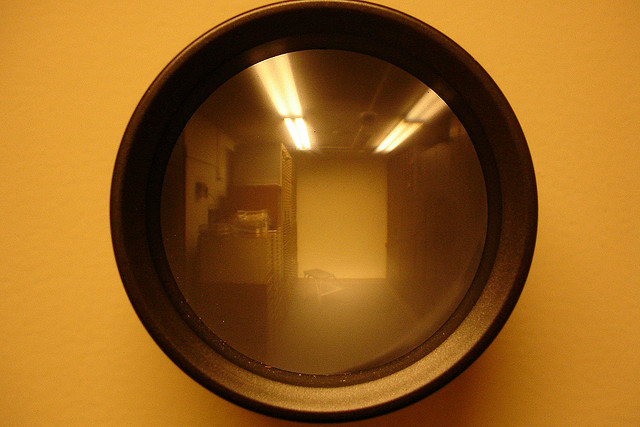The hackers responsible for a malware attack in March that simultaneously wiped data from tens of thousands of South Korean computers belong to the same espionage group that has targeted South Korean and US military secrets for four years, researchers said.
The conclusion, reported in a recently published research paper from security firm McAfee, is surprising. Most groups behind network-based espionage campaigns take pains to remain hidden to ensure their advanced persistent threat (APT) is able to siphon as much sensitive data as possible. The "Dark Seoul" attack, by contrast, has attracted huge amounts of attention because of its coordinated detonation. It struck government and media networks in South Korea precisely at 2pm local time on March 20, affecting both Internet and mobile banking applications, while taking automatic teller machines offline. Until now, researchers speculated the unknown group behind the attack was primarily motivated by a goal of causing disruptions.
In fact, Dark Seoul was just one component of "Operation Troy," a long-term spying campaign targeting military organizations that dates back to at least 2009. The covert operation gets its name from references to the ancient city found in malware developed by the attackers. The malware made use of a sophisticated control network to carry information over Web and Internet relay chat connections that were secured with strong encryption. Remote access tools installed on compromised target machines methodically searched for military terms and downloaded only documents that were deemed important. The malware initially took hold after the attackers planted a previously undocumented "zero-day" exploit on a military social networking site. The technique is known as a watering-hole-style attack, because it attempts to plant drive-by exploits into sites frequented by the people the attackers hope to infect (similar to a hunter targeting its prey as it drinks water).
Read 5 remaining paragraphs | Comments





